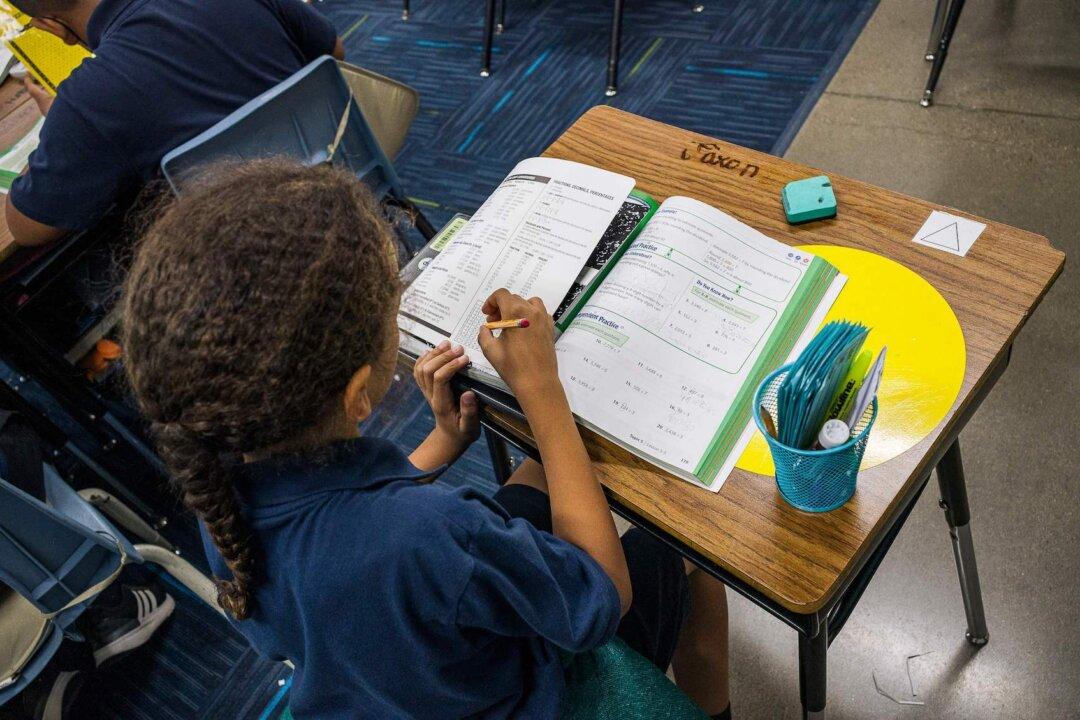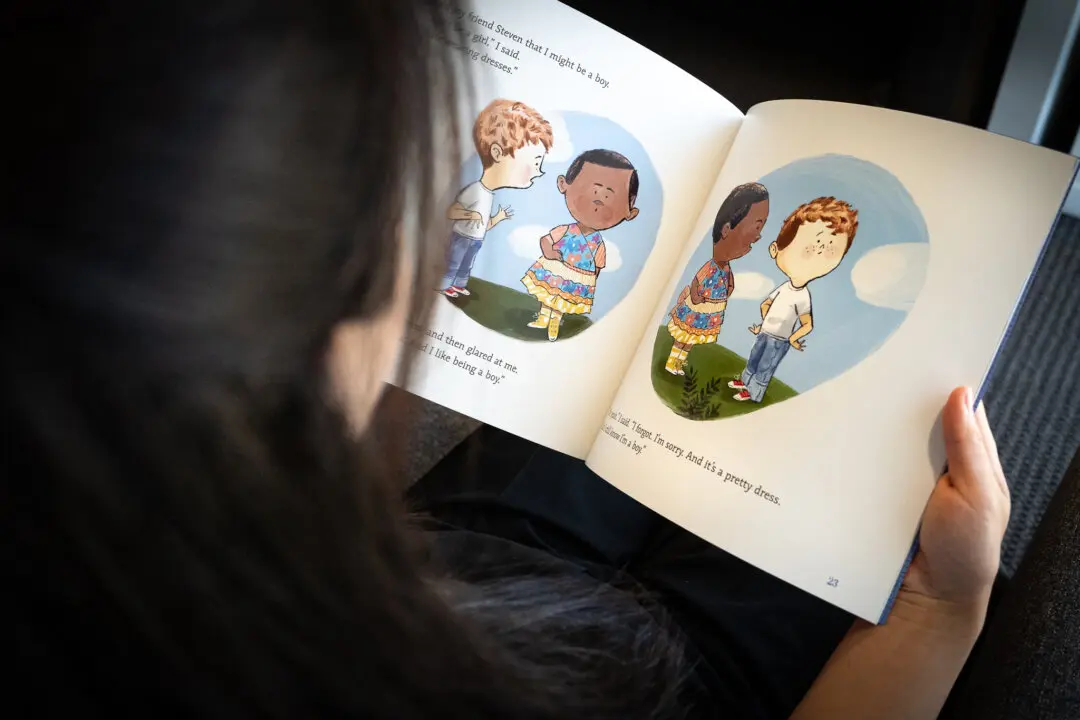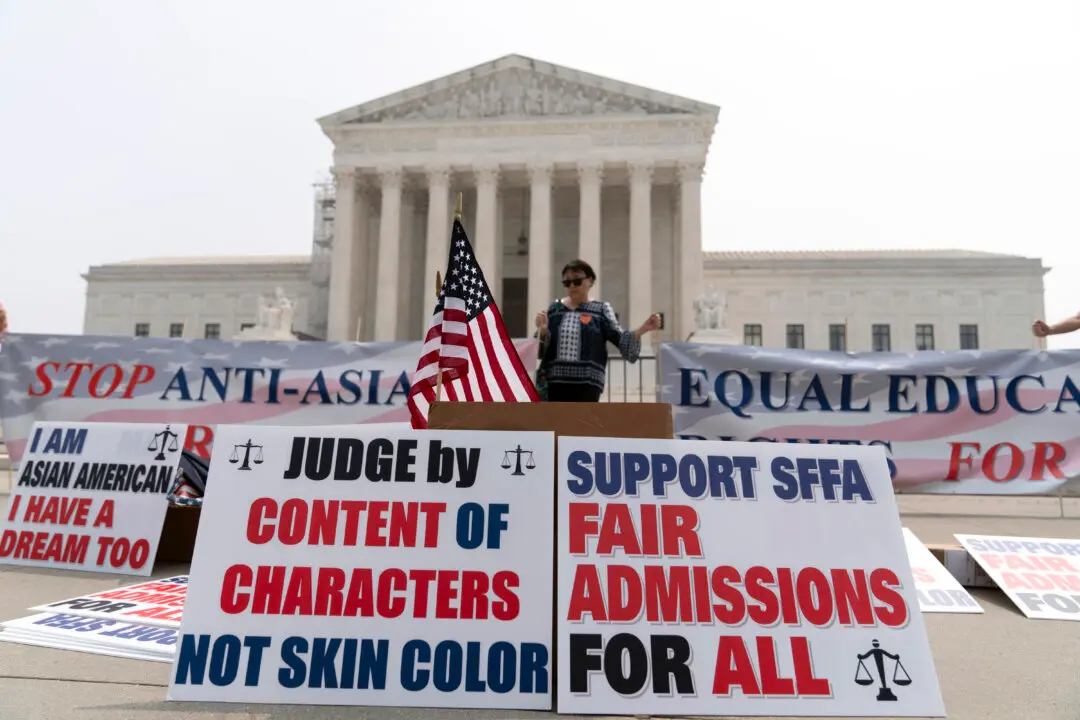The Arizona school year has ended with pending litigation from a parent who accuses school leaders of disregarding a state law that requires classroom instruction to be provided in English, not Spanish or any other language.
Patricia Pellett’s lawsuit against the Creighton School District in Phoenix alleges that a voter-approved law requiring an English language immersive environment for students still learning the English language continues to be ignored in favor of a dual-language education plan.





